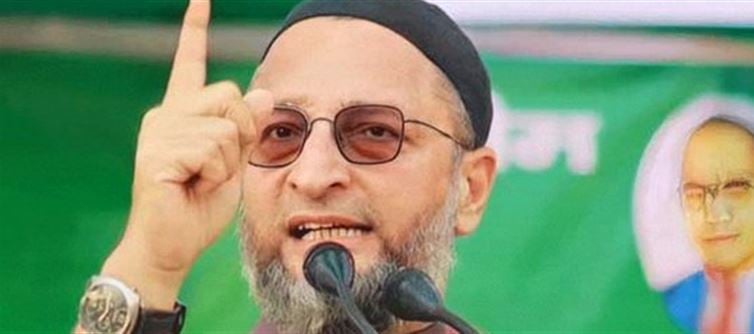
A recent statement by AIMIM chief asaduddin owaisi has reignited a fierce political debate, with critics accusing him of communal rhetoric while his supporters defend it as a call for justice. Speaking at a public rally, Owaisi referenced the alleged bias in hate crime investigations, stating, "Qaum dekh kar qtl kiya"* (They killed after seeing the community), implying that victims of mob violence are often targeted based on their religious identity.
The Backlash: "When Will Pseudo-Secular Hindus Admit?"
Owaisi’s remarks drew sharp reactions from right-wing groups and sections of the Hindu right, who accused him of playing the victim card. bjp spokesperson Sambit Patra retorted, "Owaisi’s selective outrage exposes his divisive politics. Why doesn’t he speak about radicalization or crimes by his own community?"
Meanwhile, Hindu nationalist voices on social media amplified the counter-question: "When will pseudo-secular Hindus admit their bias?" – suggesting that liberal and left-leaning groups turn a blind eye to crimes committed by minorities while disproportionately highlighting majoritarian violence.
The Bigger Debate: Selective Outrage or Genuine Grievance?
Owaisi’s critics argue that his rhetoric fuels polarization, while his defenders claim he is merely highlighting systemic injustices. Political analyst Arati Jerath noted, "This controversy reflects the deeper divide in India’s secular discourse—where every statement is seen through the lens of partisan politics rather than objective truth."
As tensions escalate, the question remains: Will India’s so-called "pseudo-secular" intellectuals acknowledge alleged double standards, or will Owaisi’s opponents concede that minority grievances deserve a fair hearing? With elections looming, this debate is set to intensify further.
#OwaisiControversy #SecularismDebate #QaumDekhKar




 click and follow Indiaherald WhatsApp channel
click and follow Indiaherald WhatsApp channel